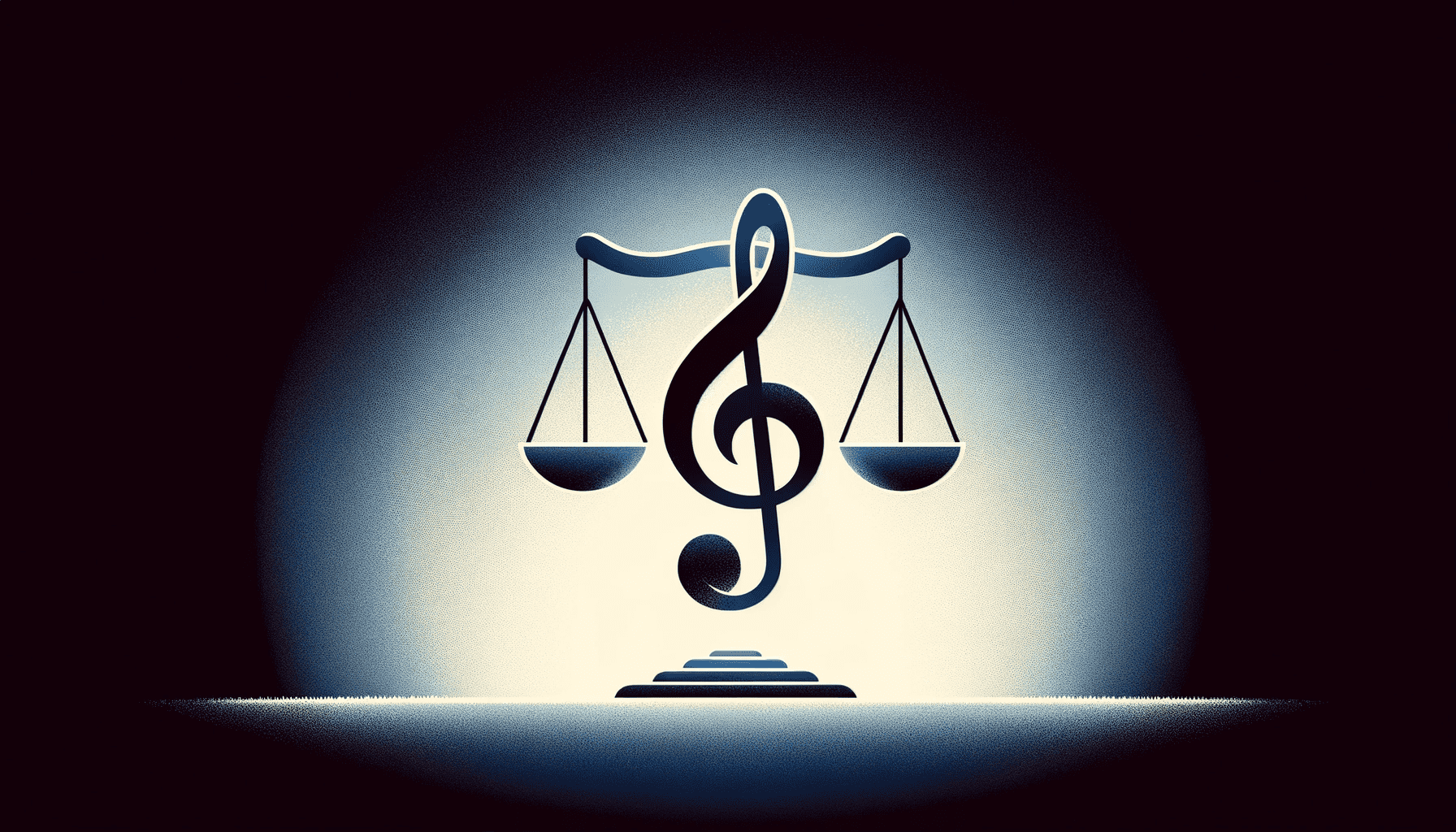
Scientists have discovered a striking correlation between our favorite songs and our moral compass. The research used machine learning to dissect the audio and lyrical content of songs, revealing patterns that relate musical tastes with ethics and moral values.
Music, a universal language, has long been known for its ability to evoke emotions and memories. But this new study suggests its role extends much deeper, reflecting and perhaps even influencing our moral framework.
“Our study provides compelling evidence that music preferences can serve as a window into an individual’s moral values,” said Dr. Charalampos Saitis, one of the senior authors of the study and Lecturer in Digital Music Processing at Queen Mary University of London’s School of Electronic Engineering and Computer Science.
Is music a reflection of our moral compass?
The study analyzed data from over 1,400 participants who shared their favorite artists through Facebook Page Likes. They completed psychometric questionnaires to assess their moral values, based on dimensions like Care, Fairness, Loyalty, Authority, and Purity.
Researchers then harnessed machine learning algorithms to examine the acoustic and lyrical features of the top five songs from each participant’s preferred artists. This included sophisticated text processing techniques to analyze lyrics for narrative, moral values, sentiment, and emotions.
Spotify’s API contributed low- and high-level audio features, which helped to spot patterns in music related to pitch, rhythm, pace, or energy.
The results were intriguing. Researchers found that musical preferences better predicted a person’s moral compass than basic demographic information. They showed that musical elements like pitch and timbre were closely linked with values of ‘care’ and ‘fairness’. In contrast, the sentiments and emotions expressed in lyrics were more effective in predicting traits of loyalty, authority, and purity.
Here are some of the key findings:
- People who highly value care and empathy may prefer songs with lyrics emphasizing compassion, kindness, and understanding. These songs often feature themes of helping others, emotional support, and emotional connections.
- Those who prioritize fairness and justice may gravitate towards songs that address social issues and inequality, or advocate for fairness and equal rights.
- Individuals valuing loyalty, group solidarity, and patriotism may enjoy songs with themes of national pride, loyalty to a group or community, and songs that celebrate collective identity.
- People with a strong sense of authority, structure, and respect for tradition may prefer songs that emphasize respect for authority, tradition, and the status quo.
- People who value care and fairness may prefer softer, melodic, and less aggressive music, while those with a higher emphasis on authority and tradition might lean towards more structured and possibly classical forms of music.
- A preference for energetic and upbeat music with positive, uplifting lyrics may indicate an individual’s optimistic outlook and a value system centered around positivity and hope.
The study also acknowledges the role of cultural and societal contexts in shaping both music preferences and moral values. Music that resonates in one cultural context due to its moral undertones might have a different reception in another. So, take these claims with a grain of salt if you live outside of the United States.
Overall, these findings suggest that music is more than just entertainment; it’s a mirror reflecting our ethical compass. But there’s more to it. This insight could be used for practical applications ranging from personalized music suggestions to music therapy in a mental health setting.
“By understanding this connection, we can open up new avenues for music-based interventions that promote positive moral development,” said Vjosa Preniqi, lead author of the study and a PhD student in Queen Mary’s Centre for Doctoral Training in Data-informed Audience-centric Media Engineering.
The findings appeared in the journal PLOS ONE.
Thanks for your feedback!
